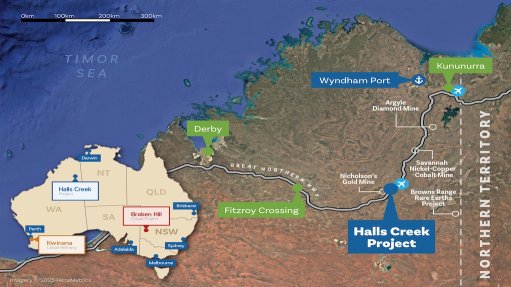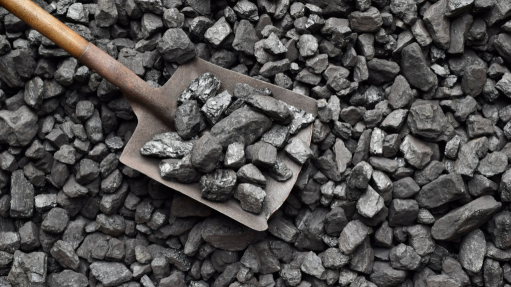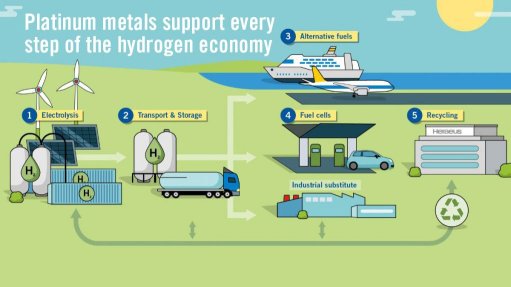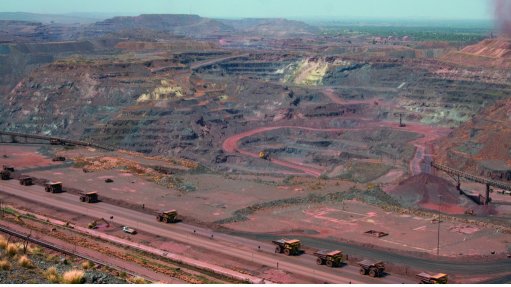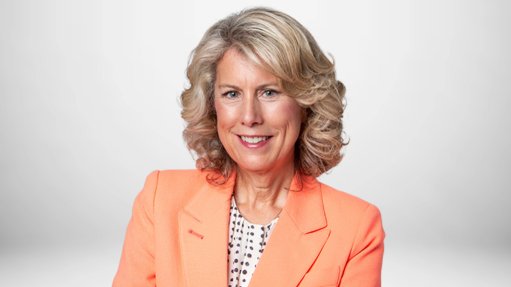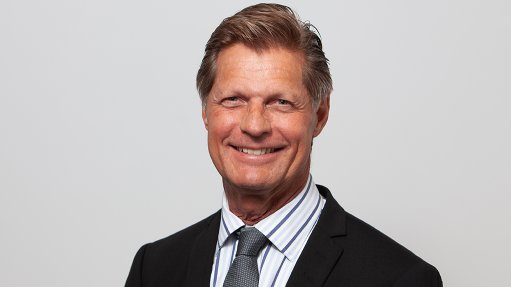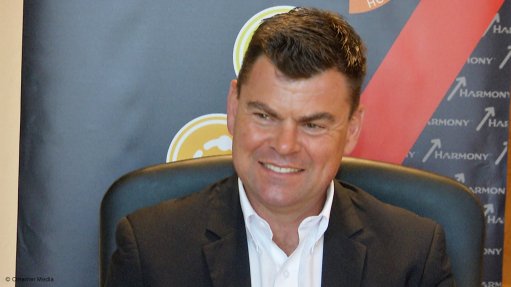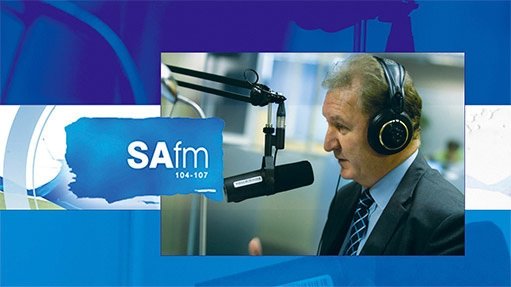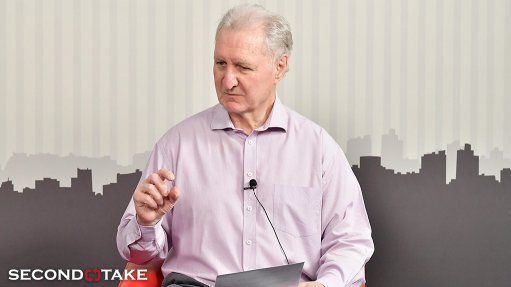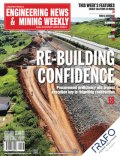Citi says deals from Gulf into Africa are keeping bankers busy
Rich investors from the Middle East are scouring Africa for deals in agricultural projects, critical minerals and renewable power, according to Citigroup.
They’re looking at countries such as Kenya to enhance the Gulf region’s food security, and at South Africa for industrial transactions and renewable power to diversify their economies away from oil, Citigroup’s head of African markets George Asante said.
“There are deals materializing,” Asante said in an interview, without disclosing details. Citigroup operates across 15 African countries with over 70 sales and trading specialists, who have been kept busy facilitating the new cash inflows from different corridors of the globe into the continent, he said.
Investors from the Middle East are joining companies from the US to China in search of deals in the world’s second-largest continent – home to minerals critical for the transition to cleaner forms of energy, and vast tracts of arable land that could produce grains and other food items. Companies from the Gulf Cooperation Council region pledged $53-billion of investments last year, according to the World Economic Forum. That compares with $100-billion of investment over the past decade, WEF said.
In South Africa, Saudi Arabia’s Zahid Group along with other investors are in talks to buy Barloworld, the African distributor of Caterpillar equipment, while Abu Dhabi’s Adnoc and Saudi Arabia’s Aramco are bidding for Shell Plc’s downstream assets in the continent’s most-developed nation, Bloomberg previously reported.
A “massive” drop in asset values in countries such as Egypt, Nigeria and Angola provide a good entry opportunity for investors, Asante said.
Investment from the US is also on the rise mainly in the critical minerals sector, Asante said. During the first six months of 2024, the US government facilitated more than 400 deals valued at $32.5-billion, according to the latest data by Prosper Africa.
Political risk — such as the strife in gas-rich Mozambique — could deter some investors. Detention of foreign executives in Nigeria and Mali are other concerns for companies. Four Barrick Gold Corp employees have been arrested by Mali’s military-controlled government as a dispute over its local mining operations escalates, while Nigeria detained Binance Holdings’s executives.
The continent also faces an annual financing gap of about $402-billion through 2030, which is needed to “fast-track its structural transformation and catch up with high-performing developing countries from other regions,” according to the African Development Bank.
Direct foreign investment flows are also assisting African sovereigns diversify their financing sources away from eurobonds and concessional funds, and could be an opportunity for countries to reduce their dependence on dollar funding.
“There is a reopening of the eurobond market for a lot of African countries such as Cameroon, Kenya, Benin, and Côte d'Ivoire, although after past debt defaults seen in some markets, countries are being more cautious when it comes to liability management of debt,” Asante said.
He also said that countries carry a lot of risk when accumulating debt in foreign currencies. More countries are swapping their debt exposures back into currencies that they are more comfortable managing.
Governments, the banking sector and large entities such as the International Monetary Fund and the World Bank should work to reduce Africa’s dependence on foreign currencies, Asante said.
“As a matter of urgency, African countries must build frameworks and tools to manage their debt exposure and volatility introduced to their balance sheets by foreign currency,” Asante said. “Dedollarisation of debt must become a priority for countries - because there is a risk of countries getting into potential debt distress every couple of years, if this issue is not addressed.”
Comments
Press Office
Announcements
What's On
Subscribe to improve your user experience...
Option 1 (equivalent of R125 a month):
Receive a weekly copy of Creamer Media's Engineering News & Mining Weekly magazine
(print copy for those in South Africa and e-magazine for those outside of South Africa)
Receive daily email newsletters
Access to full search results
Access archive of magazine back copies
Access to Projects in Progress
Access to ONE Research Report of your choice in PDF format
Option 2 (equivalent of R375 a month):
All benefits from Option 1
PLUS
Access to Creamer Media's Research Channel Africa for ALL Research Reports, in PDF format, on various industrial and mining sectors
including Electricity; Water; Energy Transition; Hydrogen; Roads, Rail and Ports; Coal; Gold; Platinum; Battery Metals; etc.
Already a subscriber?
Forgotten your password?
Receive weekly copy of Creamer Media's Engineering News & Mining Weekly magazine (print copy for those in South Africa and e-magazine for those outside of South Africa)
➕
Recieve daily email newsletters
➕
Access to full search results
➕
Access archive of magazine back copies
➕
Access to Projects in Progress
➕
Access to ONE Research Report of your choice in PDF format
RESEARCH CHANNEL AFRICA
R4500 (equivalent of R375 a month)
SUBSCRIBEAll benefits from Option 1
➕
Access to Creamer Media's Research Channel Africa for ALL Research Reports on various industrial and mining sectors, in PDF format, including on:
Electricity
➕
Water
➕
Energy Transition
➕
Hydrogen
➕
Roads, Rail and Ports
➕
Coal
➕
Gold
➕
Platinum
➕
Battery Metals
➕
etc.
Receive all benefits from Option 1 or Option 2 delivered to numerous people at your company
➕
Multiple User names and Passwords for simultaneous log-ins
➕
Intranet integration access to all in your organisation






